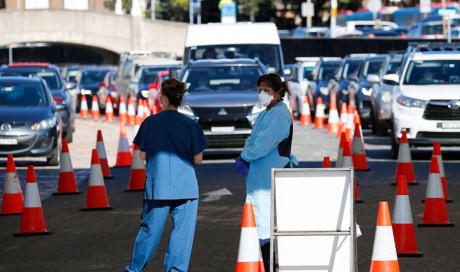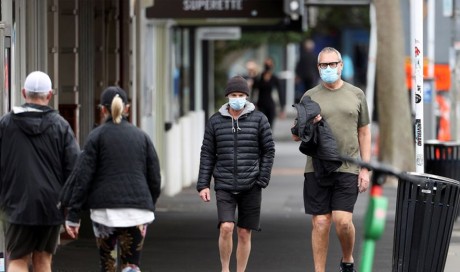Protecting a wide expanse will be expensive. After Harvey, a special Texas commission prepared a report seeking $61 billion from Congress to "future proof" the state against such natural disasters, without mentioning climate change, which scientists say will cause heavier rains and stronger storms.
Texas has not tapped its own rainy day fund of around $11 billion. According to federal rules, 35 percent of funds spent by the Army Corps of Engineers must be matched by local jurisdictions, and the GOP-controlled state Legislature could help cover such costs. But such spending may be tough for many conservatives to swallow.
Texas "should be funding things like this itself," said Chris Edwards, an economist at the libertarian Cato Institute. "Texans are proud of their conservatism, but, unfortunately, when decisions get made in Washington, that frugality goes out the door."
State officials counter that protecting the oil facilities is a matter of national security.
"The effects of the next devastating storm could be felt nationwide," Rep. Randy Weber, a fiercely conservative Republican from suburban Houston who has nonetheless authored legislation backing the coastal spine.
Major oil companies did not return messages seeking comment on funding for the projects. But Suzanne Lemieux, midstream group manager for the American Petroleum Institute, said the industry already pays into programs such as the federal Harbor Maintenance Trust Fund and the Waterways Trust Fund, only to see Congress divert that money elsewhere.
"Do we want to pay again, when we've already paid a tax without it getting used? I'd say the answer is no," she said.
Phillips 66 and other energy firms spent money last year lobbying Congress on storm-related funding post-Harvey, campaign finance records show, and Houston's Lyondell Chemical Co. PAC lobbied for building a coastal spine.
"The coastal spine benefits more than just our industry," Bob Patel, CEO of LyondellBasell, one of the world's largest plastics, chemicals and refining companies, said in March. "It really needs to be a regional effort."
Share This Post














